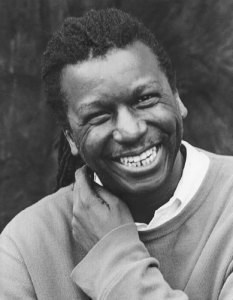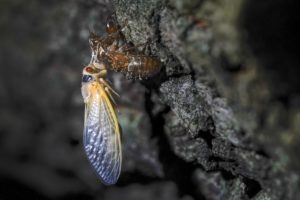 As you get older, so many aches and pains! They are distracting and boring, but this irreverent take on the body kept me engaged. You can see his poetry books here. Poetry is just one of his creative outlets, which include many volumes of fiction, non-fiction and even drama.
As you get older, so many aches and pains! They are distracting and boring, but this irreverent take on the body kept me engaged. You can see his poetry books here. Poetry is just one of his creative outlets, which include many volumes of fiction, non-fiction and even drama.
Skin Tight
The internal organs were growling
According to them
They did all of the work while
Skin got all of the attention
He’s an organ just like us
They groused
Even the heart, which, a
Century ago, was the Queen
Of metaphors, but now
Was reduced to the greetings
Cards section of CVS,
Chimed in
They decided to call skin
On the carpet.
Skin arrived from Cannes
Where he’d been the subject
Of much fuss as actresses
Fed him luxurious skin
Food prepared by Max Factor
Estée Lauder, L’Oreal,
And Chanel
They
Caressed him daily
Sometimes for hours before
They made the red carpet
Shine
He was petted
And preened
Others
Pleaded with him
To erase wrinkles to
Make them look younger
To tighten their chins
Skin tried to appease the
Critics, greeting them with
His familiar “give me some skin”
But his gesture went unheeded
Brain did all the talking
Brain said, “Here’s the skinny
Why do you get
All of the press
Your color
Your texture discussed
Endlessly
Nicole Kidman never
Did an ad about us
Cole Porter never
Wrote a song about us
Nor were we mentioned
In a Thornton Wilder novel
You’ve given us no
Skin in the game”
“What about the nasty
Things they say about
Me,” skin replied
“What about skin deep
For superficiality
Or
Skin trade
To denote something
Unsavory
How would you
Like acne rashes
Eczema
Boils
Pellagra
Leprosy
And
Conditions
That astonish
Even dermatologists
I wear my blemishes
In public while you guys
Hide yours”
“Without me and heart
You’d be nothing,” the brain said
“That’s not true,” protested
The liver, “without me he’d
Be nothing”
“No,” the kidney said
“It’s me who keeps the
Body functioning”
The bladder and
The kidney began
To quarrel with
Gallbladder
The lung twins spoke
Up
“Without us
He couldn’t breathe”
Even the esophagus
And the thyroid
And the pancreas
Joined the outbreak
“What about us?”
The eyes said
“Without eyes you
Can’t see”
Their squabble distracted
Them
When they looked
Up from their dust up
Skin’s
Helicopter was up
He was scheduled to
Address a convention of
Plastic surgeons at
The Beverly Hills
Hotel
Escaping by the skin
Of his teeth
His opponents gave
Chase
But above the roar
Of the chopper
They heard him say
“Don’t worry fellas
I got you covered”
Ishmael Reed



 The Paris Review originally published this in their 2019 Summer Issue (#229). As summer is coming up again, it seems like time for a reprise. If you’d like to hear some of Cornelius’ original blues/jazz compositions, they are part of the
The Paris Review originally published this in their 2019 Summer Issue (#229). As summer is coming up again, it seems like time for a reprise. If you’d like to hear some of Cornelius’ original blues/jazz compositions, they are part of the  As you get older, so many aches and pains! They are distracting and boring, but this irreverent take on the body kept me engaged. You can see his poetry books
As you get older, so many aches and pains! They are distracting and boring, but this irreverent take on the body kept me engaged. You can see his poetry books 


 In California it’s full spring. The colors have changed from white and pink to yellows and purple. The hens are laying, the garden growing full tilt. This poem by Jamaal May is a good spring into the season:
In California it’s full spring. The colors have changed from white and pink to yellows and purple. The hens are laying, the garden growing full tilt. This poem by Jamaal May is a good spring into the season: